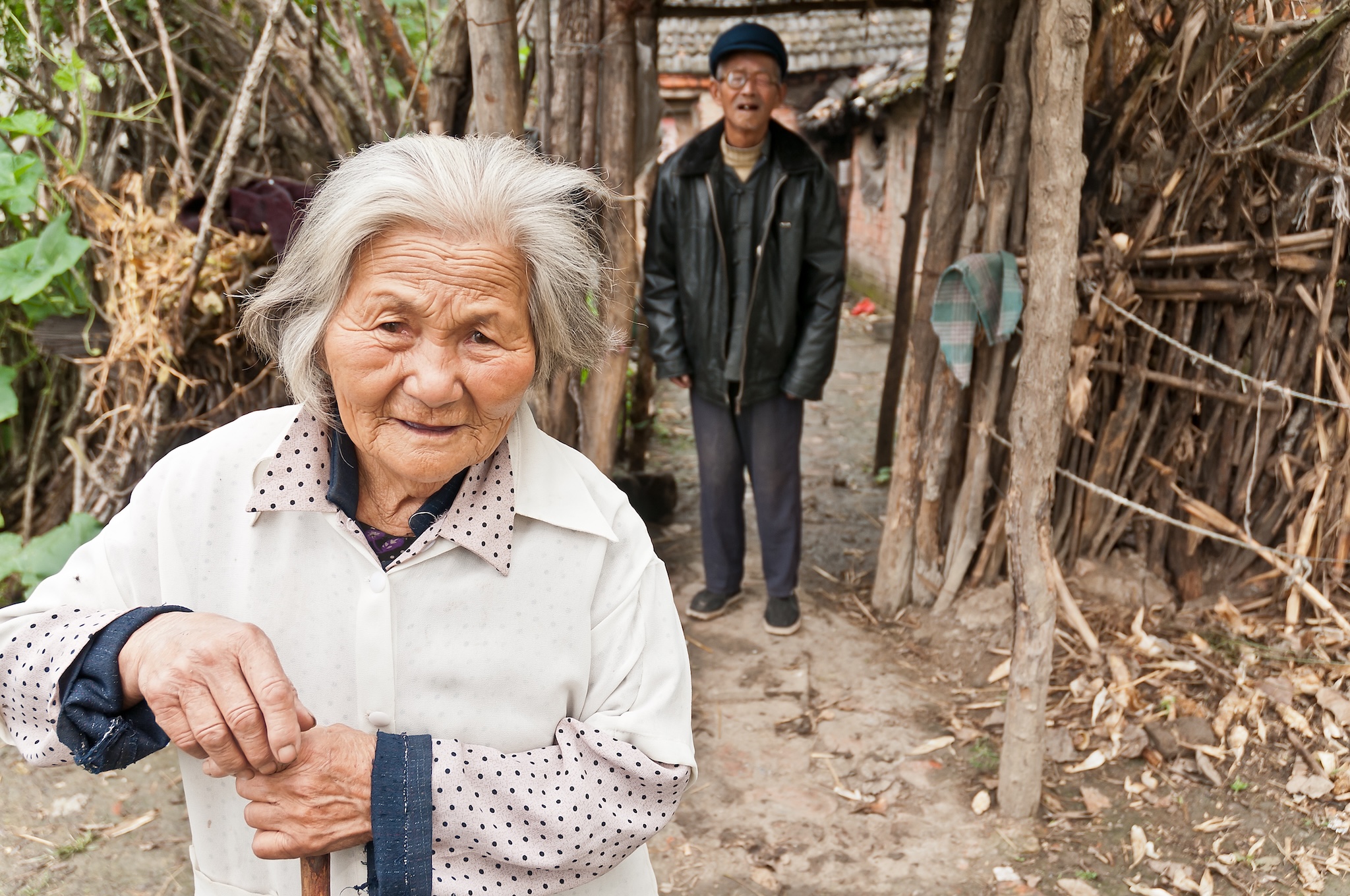Highlights
- The introduction of the NRPS decreased eldercare provided by sons, as well as reduced investments such as brideprice from parents. These factors can shift away from the traditional reliance on sons for eldercare support.
- Rural men and women are less likely to co-reside with and physically care for their elderly parents after NRPS implementation.
- The NRPS scheme led to a more balanced sex ratio at birth, with an increased likelihood of female newborns, suggesting a decline in son preference was driven by economic incentives. Despite no significant change in overall fertility or marriage patterns, the observed shifts reflect evolving parental preferences.
This study investigated the impact of the staggered implementation of the New Rural Pension Scheme (NRPS) across rural Chinese counties on eldercare practices, child investment, and son preference. Recognising that how families prepare for old age influences household decisions such as eldercare, inter-vivo transfers, savings, child investment, and fertility, the researchers focused on the traditional Chinese norms, where familial support plays a vital role.
In rural China, eldercare has historically been provided by family members, primarily adult sons. Given low income levels and limited savings, children tend to be the main support system for the elderly. Typically, sons were expected to co-reside with parents and provide most of the physical and financial support, while married daughters would typically move out.
To explore how the NRPS programme might influence this traditional eldercare mode and related social norms, the researchers developed a conceptual framework based on the parents’ exchange motive. The model worked off the notion that parents would invest either in their pension or in their children to finance eldercare.
Since investment in sons is believed to yield higher returns, the scheme could weaken son preference by providing an alternative old-age support channel.
The introduction of the NRPS was expected to reduce reliance on children for eldercare, which could in turn potentially impact on parental investment in children. Since investment in sons is believed to yield higher returns, the scheme could weaken son preference by providing an alternative old-age support channel.
The researchers leverage the staggered county-by-county rollout of NRPS as a quasi-experimental setting, with the first counties adopting it in 2009 and subsequent counties following until 2012.
Data from multiple sources were used. The researchers analysed eldercare arrangements, parental transfers at children’s marriages, and the sex ratio of newborns.
The findings revealed that the NRPS had sex-asymmetric effects. It reduced the brideprice paid by sons’ parents by 55.4%, while the dowry remained unaffected. This suggests that the pension scheme diminished the financial and social investment associated with sons, which historically has been linked to eldercare.
Data from the 2015 Chinese mini census indicated that NRPS increased the probability of a female newborn by 2.8 percentage points, effectively reducing the sex ratio by 12.7%. Despite no recorded significant change in overall fertility rates or marital patterns, the shifts suggest that the NRPS scheme influenced parental preferences, especially those related to gender, by reducing the economic incentives for son preference and sex selection.
The NRPS also altered parental investment decisions, notably decreasing the brideprice at marriage, which historically was used as an investment in securing future eldercare support from sons
The researchers’ analysis confirms that in counties covered by NRPS, children were less likely to co-reside with or provide physical care to their parents, particularly among married male children. This demonstrates that the NRPS programme facilitated greater independence for the elderly and reduced their reliance on sons for eldercare. The NRPS also altered parental investment decisions, notably decreasing the brideprice at marriage, which historically was used as an investment in securing future eldercare support from sons. As a result, parents had less incentive to use sex selection technology, and this resulted in a more balanced sex ratio at birth.
The conceptual framework underscores that in a patrilocal society like China, parental transfers like brideprice are strongly linked to eldercare provision by sons. Prior to the pension scheme, parents invested in the brideprice to secure eldercare support, which reinforced son preference and gender-biased norms. Once the pension became available, it acted as an income transfer and a formal savings tool, reducing reliance on informal transfers and altering the economic calculus of parental investments. The NRPS scheme diminished the return on parental transfers to sons, reducing the incentive for sex selection and decreasing preference for male children.
Empirical analysis confirmed that the NRPS reduced eldercare provided by children, especially sons, and diminished parental investments at marriage. The programme’s influence extended to decreasing the use of sex selection technology, which resulted in a more balanced sex ratio.
This paper demonstrates that the NRPS significantly influenced traditional family and social norms in rural China. By providing formal old-age support, the NRPS reduced dependence on sons for eldercare, diminished investments tied to son preference, and lowered the sex ratio bias favouring male offspring. These findings highlight the capacity of social policies to shift cultural practices, promoting a more gender-equal and modern approach to eldercare and family support systems. The study underscores the potential of pension programmes as catalysts for social change, transforming deeply ingrained cultural norms through economic and institutional channels.
Keywords:
Pension, Eldercare mode, Brideprice, Sex ratio, Son preference
* Learn more from the full research article here: https://www.sciencedirect.com/science/article/abs/pii/S0304387824001391?via%3Dihub

